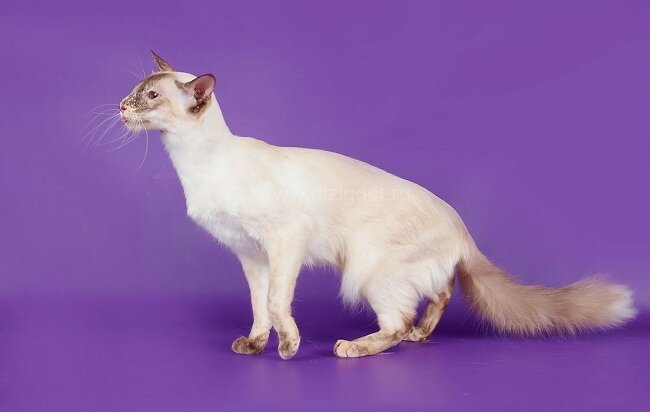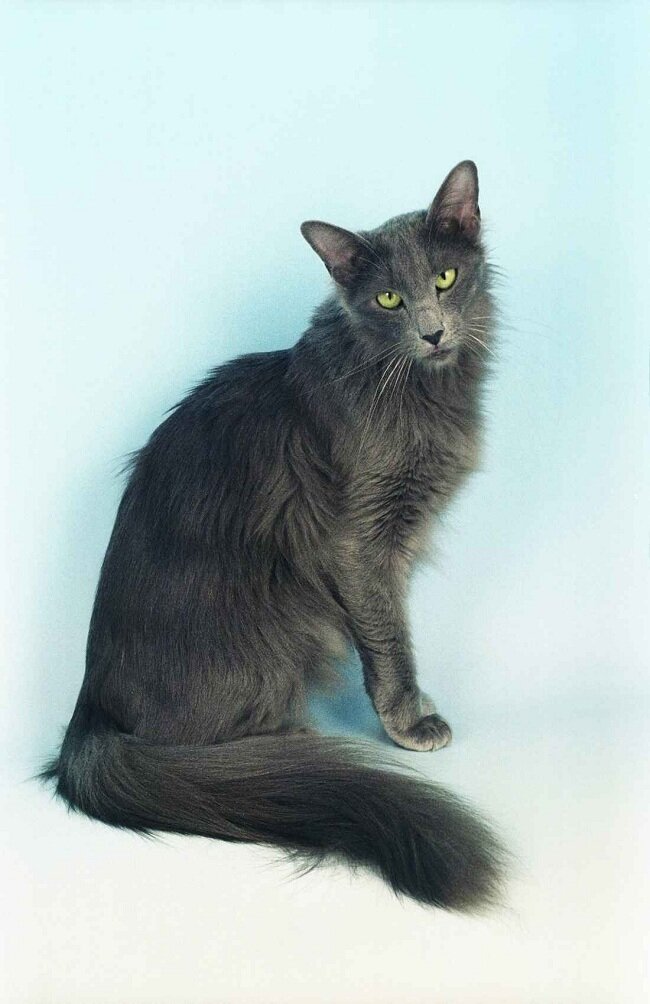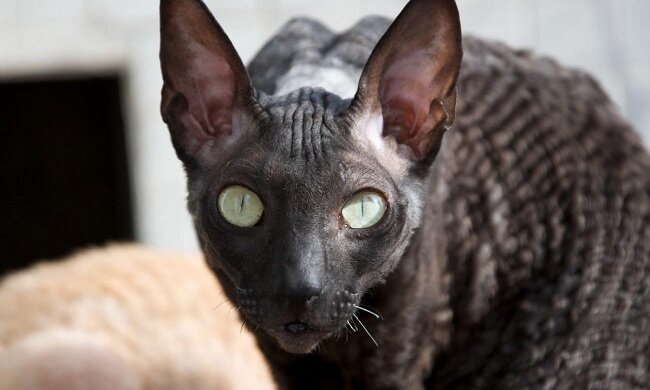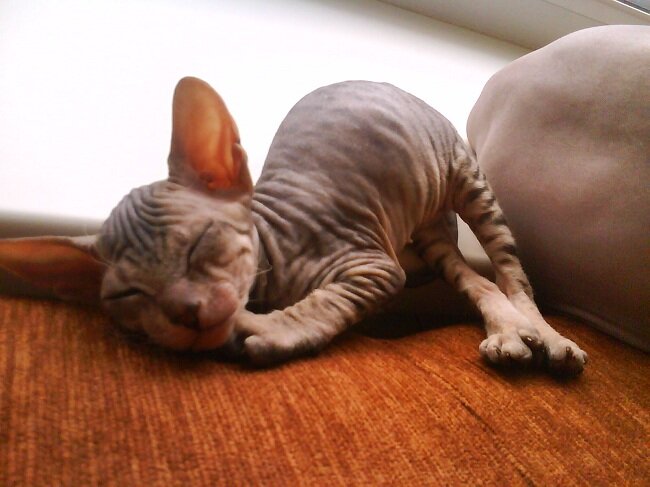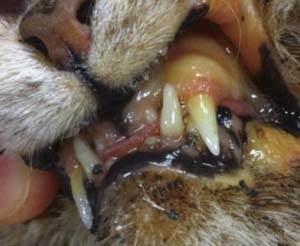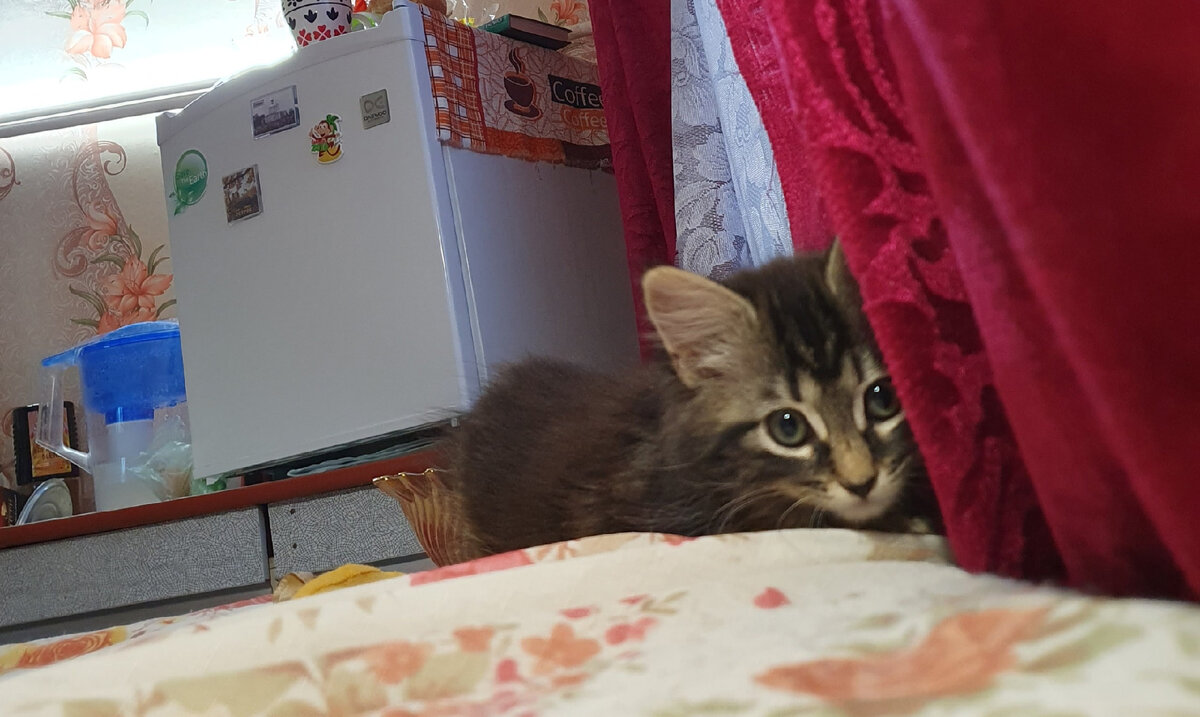Hypoallergenic breeds: a joy for sick people
Cats have become such an integral part of our lives that we can't imagine life without them. Even if our pet is capricious, naughty, and causes a lot of trouble, we still adore them and would never part with them. Each owner grows attached to these furry creatures with their whole heart. And parting with our beloved pets is extremely difficult. But what if health issues prevent us from keeping a cat in the house?
Some people are plagued by allergies and almost everyone believes that the culprit is the domestic cat. Indeed, allergies are associated with cats, but not to the extent that it is impossible to manage. The main mistake is to assume that the problem for allergy sufferers is caused by the cat's fur. This is not the case, the animal's fur is not at all to blame.
First of all, cat owners should know that the cause of allergies is not the fur itself, but a specific enzyme produced by the pet's glands. Consequently, this enzyme, when released, gets into the fur and sometimes triggers sneezing even in healthy individuals.
Precautions to keep your pet
There are a few tricks that are also useful to know in order to minimize allergy attacks:
- - Neutered cats are less dangerous than active males and females;
- - A light-colored cat produces less allergenic protein than a dark one (there is no scientific or logical explanation);
- - Kittens almost never cause allergies due to the inactivity of the allergenic protein;
- - Cats produce the maximum amount of allergen compared to cats.
So, to conclude: an allergic person needs a cat, light and sterilized. Note that there are no indications regarding the length and density of the fur. Shortly below, we will prove that the length and fluffiness of a cat's fur can hardly complicate an allergic person's life.
Of course, the most important rule for an allergy sufferer, for whom a cat triggers an attack, is to wash their hands several times a day with baby soap and immediately after playing with cats. If you touch your face right away, an allergy is guaranteed. Throughout the day, fur can float in the air and land on mucous membranes, so it is recommended to wash your hands and do wet cleaning more often. This way, the allergen that triggers the allergy will not provoke an unnecessary attack.
It is best to wash and clean the cat's bedding more often. However, this important task should not be entrusted to an allergic individual.
Hypoallergenic pet breeds
It must be immediately dispelled: there are no completely hypoallergenic cats in nature. The protein that is an aggressor for humans is present in all cats. However, there are several breeds in which the enzyme is produced in minimal amounts and, if the requirements are met, it will not cause major problems for allergy sufferers.
Balinese breed. Balinese cats have very long fur, which may surprise many. Why is this breed listed among low-allergen breeds? But nature has arranged it so that this breed produces the enzyme in negligible amounts. Therefore, you can perfectly have a luxurious beauty with Siamese features and not be afraid of an attack.
The second breed - Javanese breed. Unlike Balinese cats, they have significantly shorter fur, they have no undercoat at all, and are therefore ideal for an allergic person's home.
Don't forget about Devon Rex and Cornish Rex. Both breeds have minimal fur, and enzyme production is also low. If these breeds are cared for and bathed three times a week, such cats will be safe for those who are sick. These breeds are even raised by people suffering from long-term asthma. However, do not forget that for frequent bathing, the cat must be completely healthy and accustomed to water.
Don Sphynx and others - breeds that evoke mixed feelings in people. Some consider the Sphynx to be an alien who only accidentally landed on Earth. But if you love bald cats, then you are doubly lucky. The Sphynx does not have the allergen in its blood, but its skin secretes a lot of oil and sweat. You will have to constantly wipe your pet entirely, especially with its ears, to rid it of sticky and viscous mass. Moreover, Sphynxes are not particularly healthy, which you need to consider.
And finally, as a "dessert" of contrast. A hypoallergenic breed that has a minimal amount of the aggressive enzyme in its saliva - Siberian cat breed. It is amazing that a long-haired beauty is suitable for a family with allergy sufferers. However, observations have shown that most people with Siberians do not experience acute reactions.
If you are taking an adult cat from someone, make sure to agree on the possibility of bringing it back if your allergy decides against cohabitation. Three days are enough to determine whether your allergy will get along with your furry friend. And remember, choosing a breed is not a cure, not your panacea for illness, although sometimes it is. Never neglect hygiene precautions, only then will you be able to live with both allergies and a cat in the same house!




